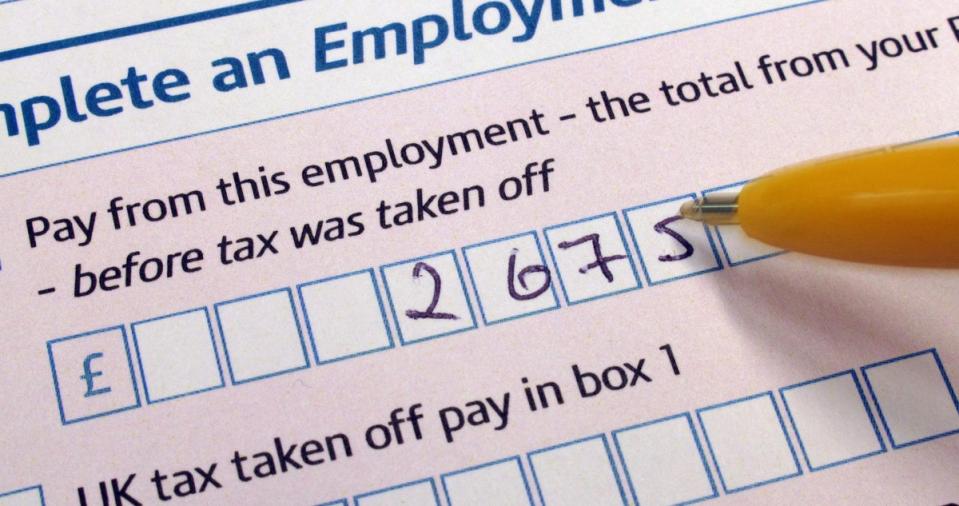Taxpayers could be given stronger protections when using repayment agents

Measures to better protect people from agents pocketing excessive chunks of their tax repayments are being considered by the taxman.
Middlemen can make routine tax claims on someone else’s behalf and some may end up taking up to half, or even more, of the payment, according to HM Revenue and Customs (HMRC).
It has launched a 12-week consultation to consider how to give stronger protections to taxpayers.
Your views are needed on how we can protect people who use repayment agents to claim a tax refund. Read the 'Raising standards in tax advice: Protecting customers claiming tax repayments' consultation and share your views https://t.co/SZFVEMUSbU pic.twitter.com/O8iaSyBpXk
— HM Revenue & Customs (@HMRCgovuk) June 22, 2022
Many taxpayers are happy with the service they receive when they use repayment agents, but there are specific concerns, including excessive amounts of commission being charged for routine tax repayments, the revenue body said.
There is strong evidence that many taxpayers do not understand the terms they are signing up to and feel misled, with some even believing they are dealing with HMRC directly rather than a third party, it added.
People can make a claim directly themselves, through HMRC’s free online service on gov.uk, and keep 100% of the repayment.
There are also concerns around high volumes of speculative claims being submitted, where no repayment is due, resulting in delays to genuine claims, as well as the use of assignments, which means the repayment goes to the repayment agent instead of the taxpayer.
The consultation seeks views on requiring repayment agents to register with HMRC.
We want to make sure taxpayers receive their full tax claims - putting 100% of the money they are due into their pockets - and not be taken in by the unscrupulous practices of some repayment agents
Jonathan Athow, HMRC
It also wants to hear views on restricting the use of assignments, where contracts legally transfer the right to a repayment from a taxpayer to an agent; as well as introducing measures designed to ensure taxpayers see material information about an agent’s service before entering into a contractual agreement.
HMRC is interested in hearing the views of all tax agents, particularly those who specialise in helping taxpayers claim repayments; taxpayers who have claimed or considered claiming tax refunds through repayment agents; those who have seen adverts from repayment agents; charitable organisations; consumer groups; and accountancy professional bodies.
The consultation closes on September 14.
Jonathan Athow, HMRC’s director-general for customer strategy and tax design, said: “We want to make sure taxpayers receive their full tax claims – putting 100% of the money they are due into their pockets – and not be taken in by the unscrupulous practices of some repayment agents.
“The Raising Standards In Tax Advice consultation aims to seek views so we can better understand and address the issues to help raise standards in the tax advice market. We’re urging anyone affected to respond to the consultation and share their experiences.”
New measures to stop rip-off agents taking advantage of people and pocketing their tax repayments have been proposed by HM Revenue and Customs (HMRC). https://t.co/hEuLXCNrSq
— HMRC Press Office (@HMRCpressoffice) June 22, 2022
HMRC is interested in hearing the views of all tax agents, particularly those who specialise in helping taxpayers claim repayments; taxpayers who have claimed or considered claiming tax refunds through repayment agents; those who have seen adverts from repayment agents; charitable organisations; consumer groups; and accountancy professional bodies.
HMRC is also reminding taxpayers that they remain responsible for their own tax.
If they do appoint an agent, they should take care to ensure they are aware of fees and the terms and conditions of service, and not to share their HMRC login details with them.
HMRC has published standards for agents and said it will take action against agents who breach them.

 Yahoo Finance
Yahoo Finance 